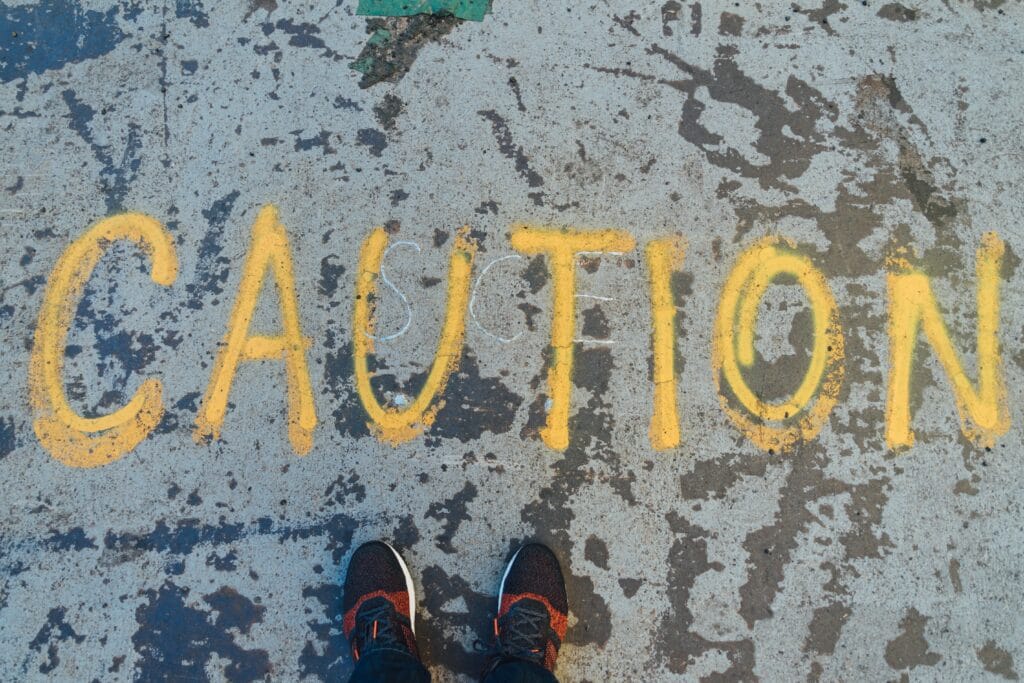Heroin is a dangerous substance that can lead to death, that said there are a number of heroin warning signs of abuse. This substance occurs naturally in the seed pods of various opium poppy plants.
Entering the brain quickly and binding to your opioid receptors, heroin is strongly habit-forming and has been shown to be a major problem in the country. In fact, heroin addiction is an issue for over 600,000 Americans, according to the 2016 NSDUH (National Survey on Drug Use and Health).
Before we dive into heroin rehab options, let’s first look at how you can identify these warning signs in your loved one.
Heroin Abuse Warning Signs
After injecting heroin, the physical effects kick in almost instantaneously. An intense euphoria bathes users within seconds.
Smoking the drug doesn’t produce such strong effects as it takes longer to reach the brain than when injected intravenously.
If you suspect a loved one is using this debilitating drug, here are some of the most common signs of heroin addiction:
- Suddenly nodding off
- Continually dry mouth
- Constricted pupils
- Loss of self-control
- Nausea and vomiting
- Ongoing constipation
- Slowed breathing
- Poor personal hygiene
- Neglected responsibilities
- Itching the skin constantly
- Confusion and disorientation
- Impaired decision-making
- Memory loss
- Dramatic and unintentional weight loss
- Runny nose and watering eyes
- Lethargy and extreme exhaustion
- Persistent flu-like symptoms
- Bruising and scabbing of the skin
- Shattered sleep patterns
- Pneumonia
- Tuberculosis
- Damage to the liver and kidneys
- Hepatitis C
- HIV/AIDS
Some advanced warning signs of heroin use include burnt or missing spoons, syringes, missing belts or shoelaces, and more.
Along with these problems that can all present themselves, you can also look for markings on the arm that are present after a user injects themselves with the drug. These smaller dark dots are referred to as track marks. Not to mention the many long-term effects of heroin that can be deadly.
While these can all help you identify a problem if you believe that your loved one is using heroin, it is also vital that you are able to identify a heroin overdose when you see one so you know how to respond properly.
Warning Signs of Heroin Overdose
While people use heroin to get high if they take too much of the drug to fall victim to a heroin overdose which can result in death if they don’t receive proper medical attention. To better understand a heroin overdose, it is important to recognize the signs. If they are looking extremely sleepy, check for some of these heroin overdose warning signs:
- No or shallowed breathing
- Dry mouth
- Small pupils
- Weak pulse
- Stomach or intestinal spasm
- Confusion
- Drowsiness
- Coma
If you are noticing some of these signs, it is crucial that you call 9-1-1 or get medical attention right away.

Heroin Relapse Warning Signs
While going to a heroin treatment center will give you your best shot at long-term recovery, addiction is a lifelong disease and some people can, in a moment of weakness, go back to their old ways and relapse. If you are worried that your loved one may be using heroin again, it is important to be able to identify the signs of a heroin relapse so you can get them the help they need.
Heroin relapse signs will look very similar to overall signs of heroin abuse but you will likely notice a major shift in the person’s attitude and behavior. Prior to relapsing, they were likely acting fairly normal, maybe even upbeat and happy. If they have gone back to heroin, they likely have slipped back into more of an isolated and distant behavior.
How To Identify Heroin Addiction
Although the drug is fiercely addictive, identifying a heroin addiction is not always initially straightforward. As the drug starts to consume more and more of the user’s life, though, it becomes easier to pinpoint.
The primary physical marker to watch out for is someone suddenly starting to wear long sleeves, even when it’s really hot. As we mentioned before, there are markings left behind from injections known as track marks. Many heroin addicts go out of their way to hide these scars.
As heroin use makes relating to friends and family awkward, heroin users frequently start withdrawing and isolating themselves. Look out for any changes in routine along these lines.
A general lack of attention to personal hygiene is a typical red flag for some form of drug addiction, especially when it’s completely out of character.
You can of course also identify a heroin addiction from the presence of obvious drug paraphernalia.
Now you have an overview of some of the common signs and symptoms of heroin addiction, we’ll explore some options at your disposal for heroin addiction treatment.

Heroin Addiction Treatment at Renaissance Recovery
If you need heroin addiction help, here at Renaissance Recovery, we can help you however severe your opioid use disorder or addiction is.
At Renaissance, we know understand that addiction is a major disease, and to fight this disease, clients need to be exposed to a number of different treatment programs and modalities to give them the best shot at recovery.
Things like drug detox will help them overcome the early stages of sobriety while dual diagnosis treatment will take care of any underlying mental health disorders that can be causing or contributing to their addiction. Along with these things like cognitive behavioral therapy or vocational development programs can be instrumental in their overall recovery.
To get things started, call the admissions team right now at 866.330.9449.









